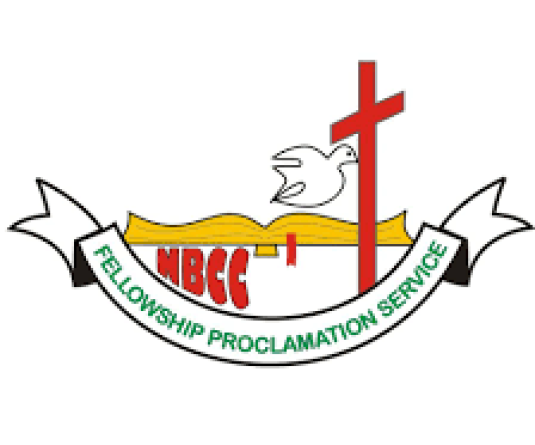
Mathew Rongmei
Dimapur
A message has been circulating on social media saying, “Nagas are no more tribal in today’s world. They are indigenous people. Stop using the word tribal, we are in modern society.”
This kind of statement reflects a growing misunderstanding of basic history and of the Indian Constitution. Even certain political parties, MLAs and public figures also carelessly mix the words “tribal” and “indigenous” without bothering to know how these terms are defined in India and internationally. Such confusion affects both identity and legal rights.
To understand the issue, we must go back to the very beginning of human history. Small groups began leaving Africa thousand years ago. One group travelled along the Arabian coastline and reached what is now South India. Another early farming group came from the region of Balochistan into the Indus Valley. Later, different waves entered India from Afghanistan, Persia and Central Asia. At the same time, others moved from the Far East into the northeast.
These long waves of settlement make it difficult to identify any one population as the sole original inhabitants.
This simple truth means that almost every community in India today came through ancient migrations. Some arrived very early, some later, but all migrated at some point. Because of this mixed and layered history, it is impossible to identify any single community as the “original” or “first” people of the land. This is exactly why the Constitution of India did not attempt to define “indigenous people.” Instead, the framers created the more practical legal category called “Scheduled Tribe.” The word “tribal” in the Indian context is not an insult and not a sign of backwardness. It is a constitutional term that protects communities with distinct cultures, land systems, languages and social traditions that grew over centuries.
Calling a community “no longer tribal” may sound modern, but it shows a lack of understanding. A modern lifestyle does not erase centuries of culture, nor does it cancel constitutional recognition. Legal protections—such as reservation, land safeguards, cultural rights and in some states, customary law protections—exist only because communities are recognised as Scheduled Tribes. Rejecting or replacing the word “tribal” without understanding its meaning could weaken these rights.
Some people argue that “indigenous” sounds more respectful. Historically, many communities can indeed be called indigenous because they have lived in a region for a very long time and developed their own cultural identity. But in international forums, this term carries a political meaning.
In April 2023, Indian representatives at the UN Permanent Forum on Indigenous Issues (UNPFII) have rejected the term “indigenous peoples”.
The word “indigenous” refers to groups whose land, resources and history were taken away by colonisers. India has always been cautious in accepting the term at the UN because it believes the entire population of the country is formed through ancient migrations. If India officially calls only a few communities “indigenous,” it implies others are outsiders. It may also create unnecessary political divisions. For this reason, India prefers the term “Scheduled Tribe,” which is neutral, legal and suitable for our complex population.
In India, “indigenous” describes long historical roots. And every citizen is indigenous. “Tribal” describes constitutional protection and legal recognition to certain sections of people. Around the world, Indigenous groups—from the Americas to Australia—continue to proudly identify as tribes even though they live in fully modern societies. Modernity does not wipe away identity.
To wind up, I must say, the debate should not be about whether a community is tribal or indigenous. Many are both. The problem arises only when people misuse these words without understanding their meaning. As society becomes more modern, the need for clarity becomes even more important. Words have power. Used correctly, they protect the people. Used carelessly, they create confusion and weaken rights.




.jpg)
